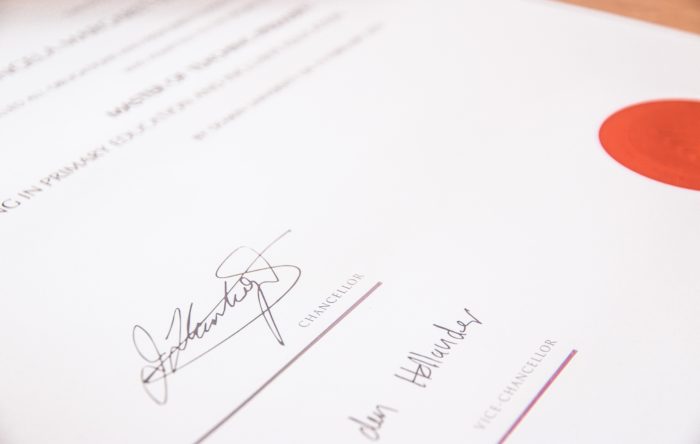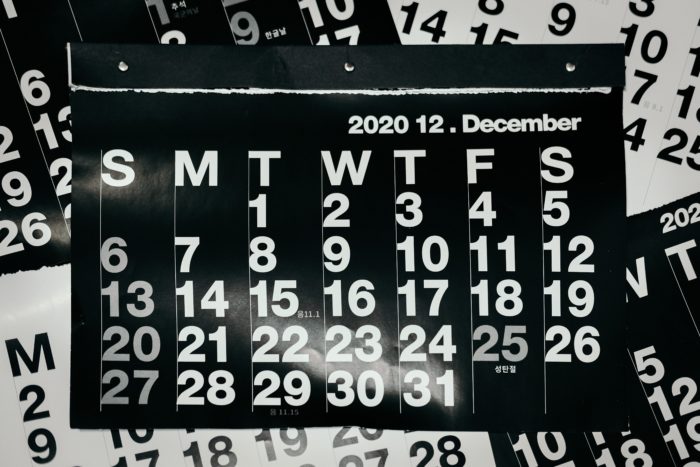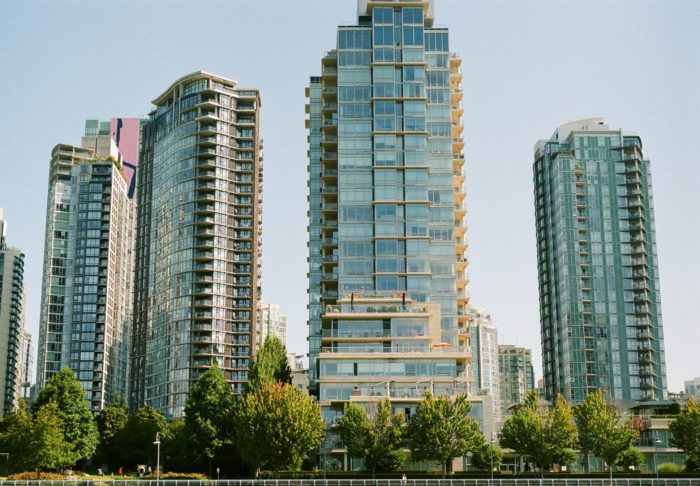Everything You Need to Know About Buying a Pre-Construction Condo
June 3, 2021Do you want to buy a pre-construction condo in the GTA (Greater Toronto Area)? Before you do, it’s important to conduct some research and learn more about the process. In this blog post, we will tell you what you need to know before you purchase a condo. We cover the deposit, pre-delivery inspection, closing costs, HST rebate, and more.
You have to put down a deposit on the unit.
When you want to purchase a condo, you must complete a unit reservation request form for the suite you prefer. Be prepared to show a copy of your photo ID and SIN (social insurance number) card.
More often than not, builders of a pre-construction condo require a larger deposit of 20 to 25 percent paid over a period of time. That being said, there is some flexibility when it comes to the payment schedule. The terms will differ depending on the project and developer, but here is an example of an extended deposit structure.
- $5,000 at the time of signing the agreement
- 5 percent balance in 30 days (5 percent minus the $5,000 from signing)
- 5 percent in 180 days
- 5 percent in 365 days
- 5 percent in 720 days
- 1 percent on occupancy

There is a 10 day review period.
After you receive the contract, you still have time to decide whether or not you want to go through with the purchase of a pre-construction condo. During this time, you should have a lawyer review the agreement to make sure you understand all the terms and conditions. It’s also helpful to talk to an accountant at some point about what tax benefits and deductions you are eligible for as a condo owner.
In the event you do not want to purchase the unit, you must notify the builder in writing within 10 calendar days of signing or else the contract becomes final. You can select your desired finishes for your condo unit after construction begins.
You can conduct a PDI (pre-delivery inspection) before closing.
The inspection gives you an opportunity to review the unit before you move in. The builder can demonstrate how the heating, plumbing, and ventilation in the unit works. If something is damaged, missing, or incomplete, that should be noted on the builder’s PDI form.
There is an interim occupancy period.
The interim occupancy is when the builder still owns the condo units and your mortgage has not kicked in yet. During this time, you get the keys to your unit and will need to pay a monthly occupancy fee. It is a portion of the builder’s expenses such as property tax and utilities. The fee will vary, but it should be below the market rent.

It’s a good idea to finalize the financing a few months in advance.
Do your best to figure out how you are financing your condo purchase about 120 days before the closing date. The closing date refers to when the building is officially registered as a condo corporation and your mortgage kicks in. You can pay the full amount without a mortgage if you have the funds transferred on the day of closing.
You need to pay closing costs.
You will have closing costs. The amounts will differ depending on a variety of factors, but these are the expenses you can expect:
- Land transfer tax: This will be below 3 percent of the purchase price.
- Legal fees: The fees could cost around $1,600 to $1,800 or more.
- Title insurance: You can get title insurance to protect yourself against any issues that may arise during the transfer of ownership.
- Development costs: This will change for every project and unit, but it’s typically around $10,000 to $17,000.
- Education and park levies: The levies tend to be between $2,000 to $4,000.
- Tarion new home warranty enrollment fee: You can anticipate paying around $900 to $1,200.
- HST (harmonized sales tax): You may be eligible for an HST rebate that is generally about 6 percent to 8 percent of the condo’s purchase price.
- Additional charges: Some other costs may include assignment fee, utility connection fee, connection fee, administration fee, etc. These may be listed in the contract for you to review during the 10 day period.
Here’s a tip: when your lawyer reviews the contract, make sure that your closing costs are capped. This means that the costs cannot exceed the maximum amount stated. If you don’t have capped closing costs, the builder may add additional charges at closing.
There is an HST rebate on condos in Ontario.
The price of a pre-construction condo is higher than advertised because it does not take into account the HST rebate even if the buyer is eligible for it. The rebate is applicable for a buyer or an immediate family member who will live in the condo or if the buyer is an investor who will lease the unit to a tenant for at least one year.
As an investor, there are a few extra steps required to receive the HST rebate. The rebate is added to the closing costs, and an investor will need an accountant to complete a rebate form. Ensure you do your research and get more than one quote or consultation from an accountant who has experience doing rebates. The CRA (Canada Revenue Agency) returns the rebate amount within 6 to 8 weeks. Something to keep in mind is that in the event a buyer or investor sells the condo within a year of the closing date, they are no longer entitled to the rebate. If this happens, they have to pay the rebate back to the CRA.

You will pay monthly maintenance fees.
As you are planning out your budget, don’t forget about the additional expenses you will be responsible for as a condo owner. Unlike a homeowner, you need to pay monthly fees for the maintenance of the condo, and they may increase over time as the building gets older or more amenities are added.
Buying a condo is a big investment. If you have any further questions about purchasing a pre-construction condo, feel free to get in touch with us. You can call Sunny Sharma at 416-566-2850 or Kathleen Xie at 416-587-8381. We are more than happy to help you buy a unit in the GTA.
